The Billionaire Sleep Revolution
When we think of billionaires, we often imagine late nights, early mornings, and an always-on mentality. However, a surprising trend is emerging among many of the world’s most successful individuals: they’re prioritising sleep. This isn’t just about luxury or indulgence—it’s a strategic move that’s boosting their productivity and decision-making capabilities to new heights.
Take Jeff Bezos, for instance. The Amazon founder is vocal about his commitment to getting eight hours of sleep each night. He argues that this practice enhances his ability to make high-quality decisions throughout the day. On the other end of the spectrum, we have Elon Musk, CEO of Tesla and SpaceX, who has famously struggled with sleep. Musk once worked 120-hour weeks and slept on the Tesla factory floor during production crunches. However, he’s since acknowledged the toll this took on his health and productivity, admitting, “You’re not going to be as sharp if you don’t get enough sleep.”
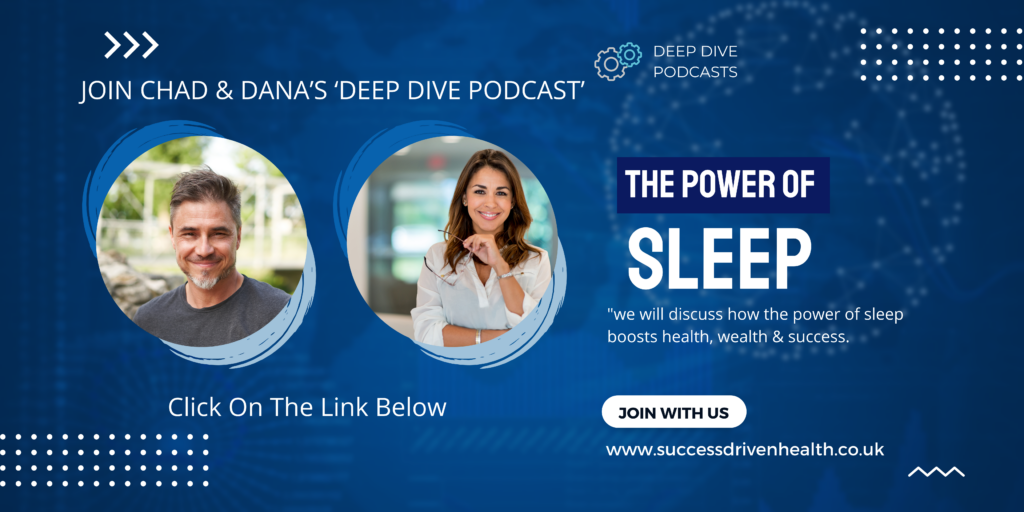


These titans of industry, despite their different approaches, are onto something big. Quality sleep isn’t just a luxury – it’s a game-changer. It sharpens your mind, keeps your emotions in check, and revs up your productivity engine. While the Bezoses and Musks of the world might seem to operate on a different plane, they’re really just tapping into a resource we all have access to: a good night’s kip.
And here’s the thing – you don’t need billions in the bank to cash in on this secret. The sleep strategies powering these moguls’ success are yours for the taking, whether you’re gunning for the Fortune 500 or just trying to get through your 9-to-5 without nodding off. Stick around, and we’ll dig into the nitty-gritty of how sleep can transform your life – no Tesla factory sleepovers required.
The Power of Sleep: Unlocking Your Full Potential for Health and Success
In today’s world, sleep often gets the short end of the stick. We’re all guilty of it: burning the midnight oil for work, staying up for ‘just one more episode’, or endlessly scrolling through our phones when we should be counting sheep. But what if I told you that those hours you spend horizontal are actually your ticket to the top? We’re about to explore why catching those Z’s might just be the most productive thing you do all day.
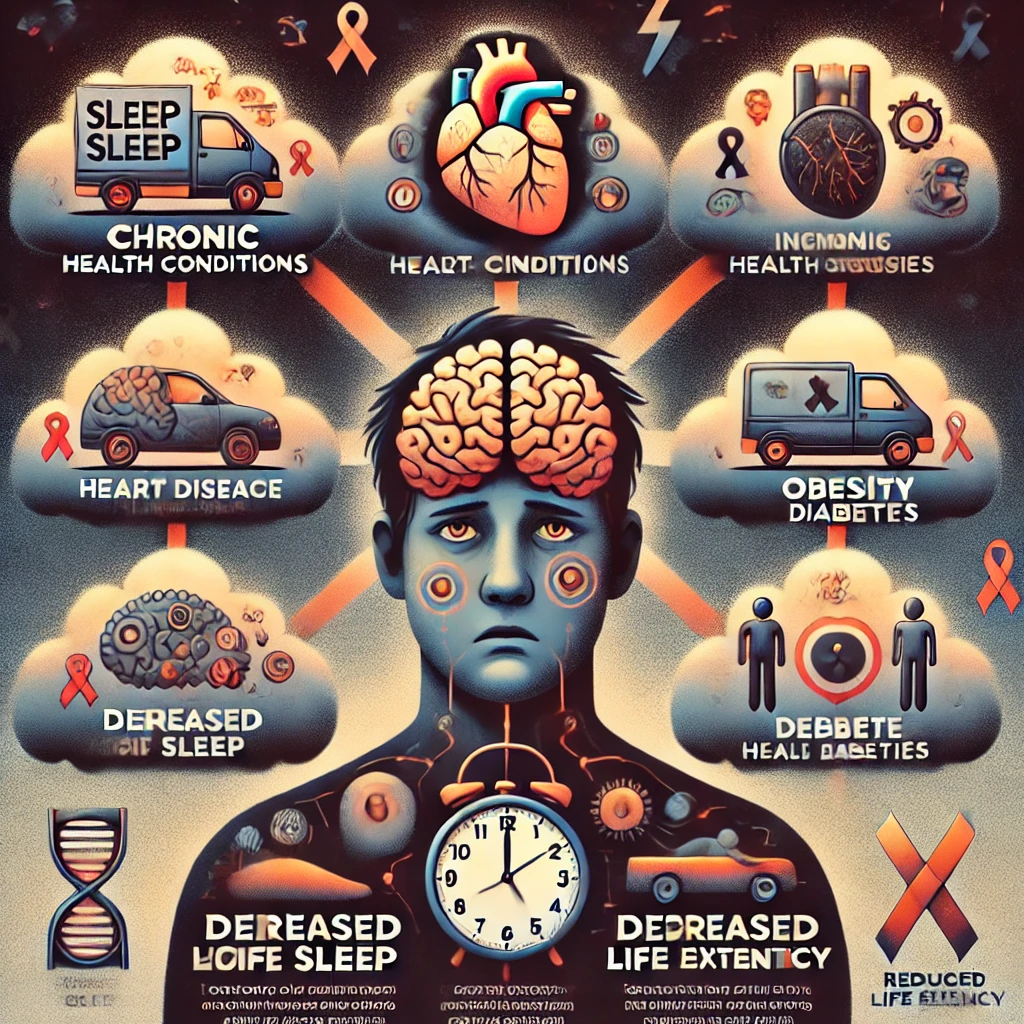
The Sleep Crisis: A Wake-Up Call
Before we explore the benefits of sleep, it’s crucial to confront an alarming reality: we’re facing a global sleep crisis. This isn’t mere conjecture; it’s backed by sobering statistics from around the world.
In the United States, the Centers for Disease Control and Prevention (CDC) reports that 33% adults doesn’t get enough sleep. This trend isn’t isolated to America. The United Kingdom faces similar challenges, with the National Health Service (NHS) finding that 30% of the population struggles with sleep issues. The impact is significant: a study by RAND Europe estimates that insufficient sleep costs the UK economy up to £40 billion annually in lost productivity.
The situation in continental Europe is equally concerning. Research from the European Sleep Research Society indicates that approximately 34% of Europeans grapple with chronic insomnia. Australia, too, is affected, with The Sleep Health Foundation revealing that 39.8% of Australians report inadequate sleep.
This widespread sleep deprivation isn’t just about feeling tired. It’s a public health issue with far-reaching consequences, from increased risks of chronic diseases to significant impacts on mental health and cognitive function. As we delve deeper into the importance of sleep, it’s clear that addressing this crisis is not just about individual well-being, but about the health of our societies as a whole.
The consequences of this sleep deficit are alarming:
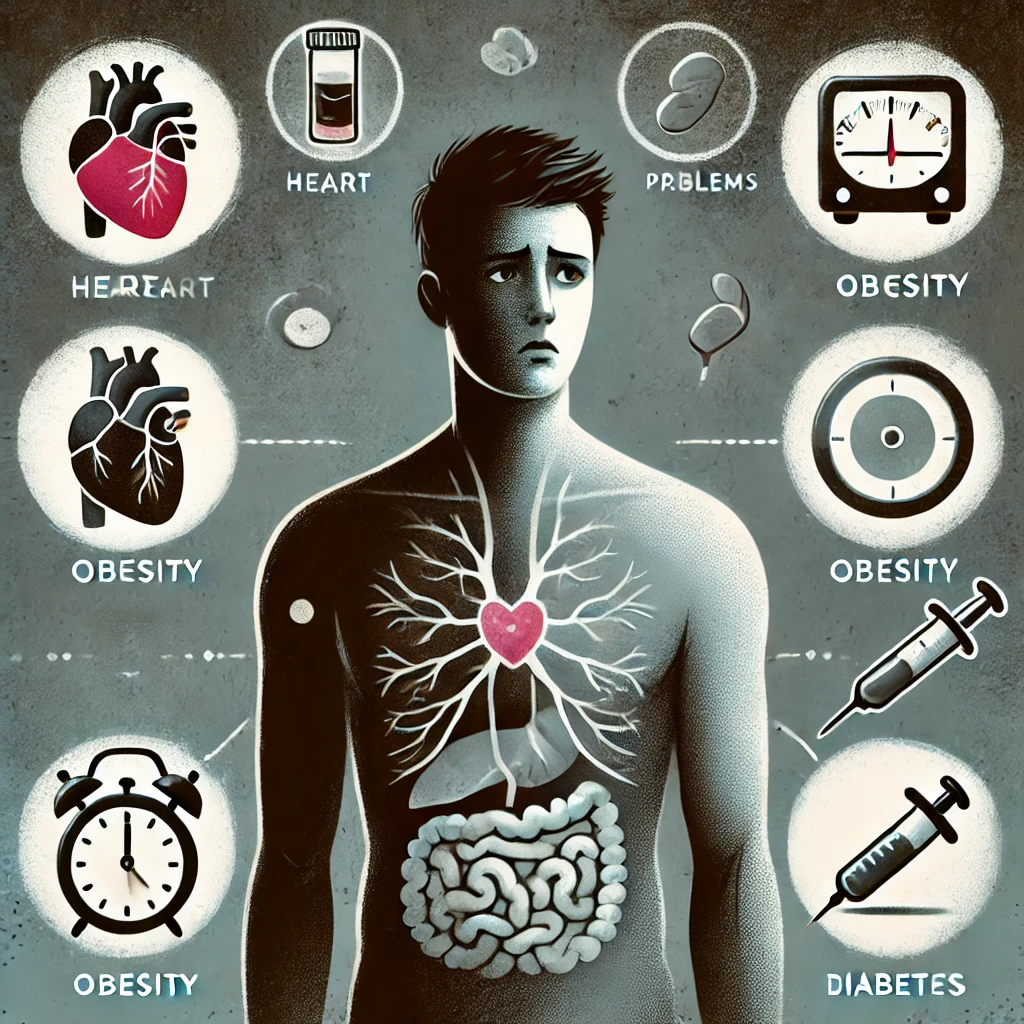

- Chronic Health Conditions: Lack of sleep is linked to an increased risk of obesity, diabetes, cardiovascular disease, and even certain types of cancer.
- Mental Health Issues: Sleep deprivation is strongly associated with depression, anxiety, and other mood disorders.
- Decreased Cognitive Function: Poor sleep impairs attention, decision-making, and problem-solving abilities.
- Reduced Life Expectancy: A study published in the journal “Sleep” found that individuals who consistently slept less than six hours per night had a significantly higher risk of premature death.
These statistics aren’t meant to keep you up at night (pun intended). Instead, they should serve as a powerful motivator to prioritise sleep in your life. Because here’s the good news: by understanding and harnessing the power of sleep, you can transform your health, boost your productivity, and enhance your overall quality of life.
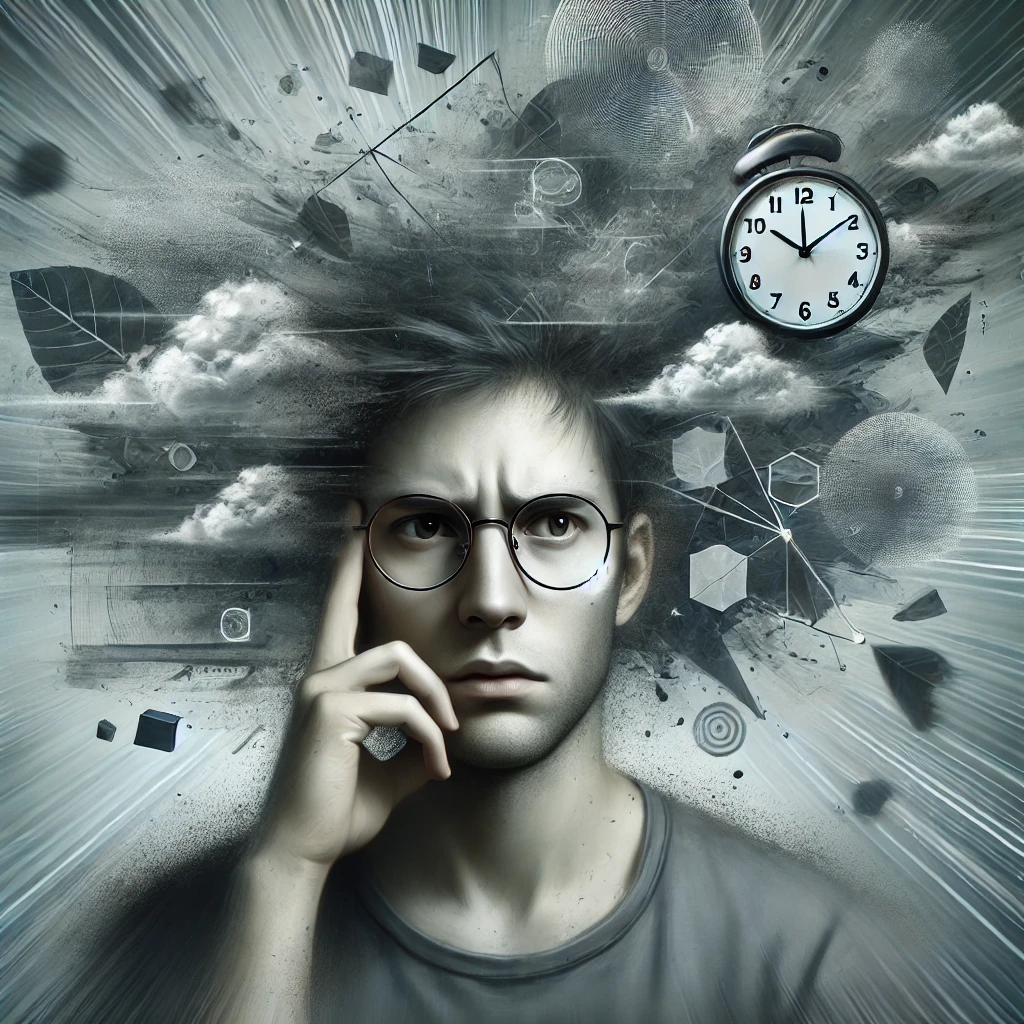

The Science of Sleep: What Happens When We Close Our Eyes?
To truly appreciate the importance of sleep, we need to understand what’s happening in our bodies and brains during those seemingly inactive hours. Far from being a passive state, sleep is a dynamic process crucial for our physical and mental well-being.
Sleep Stages: A Nightly Journey
Each night, we cycle through several stages of sleep, each playing a vital role in our health and cognitive function:
- NREM Stage 1 (Light Sleep): This brief transitional stage bridges wakefulness and sleep.
- NREM Stage 2: Characterised by sleep spindles and K-complexes, this stage prepares the body for deep sleep.
- NREM Stage 3 (Deep Sleep): Also known as slow-wave sleep, this stage is crucial for physical restoration and memory consolidation.
- REM Sleep: The stage where most dreaming occurs, REM sleep is essential for emotional processing and creativity.

Understanding these stages helps us appreciate why a full night’s sleep is so important. Cutting sleep short means we might miss out on crucial stages, particularly the deep sleep and REM sleep that occur more prominently in the latter part of the night.
The Brain’s Nighttime Cleanup Crew
One of the most fascinating recent discoveries in sleep science is the role of the glymphatic system. This waste clearance system in the brain becomes highly active during sleep, flushing out toxins and metabolic byproducts that accumulate during wakefulness.
Dr Maiken Nedergaard, a leading researcher in this field, describes it as “like a dishwasher that cleans the brain.” This process is crucial for maintaining brain health and may play a role in preventing neurodegenerative diseases like Alzheimer’s.
The Benefits of Sleep: A Holistic Approach to Health and Success

Now that we understand the basics of sleep science, let’s explore how getting enough quality sleep can transform virtually every aspect of our lives.
1. Cognitive Function: Sharpen Your Mental Edge
Sleep is your brain’s best friend. Here’s how it boosts your cognitive abilities:
- Memory Consolidation: During sleep, the brain processes and stores information from the day, strengthening neural connections and enhancing both short-term and long-term memory.
- Problem-Solving: A well-rested brain is more adept at finding creative solutions to complex problems.
- Focus and Attention: Adequate sleep improves concentration and reduces the likelihood of errors.
Real-World Impact: A study at Harvard Medical School found that individuals who had a full night’s sleep performed 20-30% better on memory tests compared to those who were sleep-deprived. Imagine the impact this could have on your work performance or academic success!
2. Physical Health: Your Body’s Restoration Period
While you’re catching Z’s, your body is hard at work:
- Cellular Repair: Sleep is crucial for tissue repair, muscle growth, and protein synthesis.
- Immune Function: A good night’s sleep strengthens your immune system, helping you fight off infections and illnesses.
- Hormonal Balance: Sleep regulates hormones that control appetite, stress, growth, and more.
The Numbers Don’t Lie: Research from the University of California, San Francisco, found that individuals who slept fewer than six hours per night were four times more likely to catch a cold compared to those who slept seven hours or more.
3. Mental Health: Emotional Resilience and Well-being
The link between sleep and mental health is undeniable:
- Mood Regulation: Adequate sleep helps maintain emotional stability and reduces irritability.
- Stress Management: Sleep acts as a natural stress-buster, lowering cortisol levels and promoting relaxation.
- Depression and Anxiety Prevention: Good sleep habits can significantly reduce the risk of developing mood disorders.
Startling Statistic: The National Sleep Foundation reports that individuals with insomnia are ten times more likely to develop depression and 17 times more likely to experience significant anxiety than those without sleep problems.
4. Weight Management and Metabolism
If you’re watching your waistline, don’t overlook sleep:
- Appetite Control: Sleep deprivation disrupts hormones that regulate hunger and fullness, leading to increased appetite and cravings.
- Metabolism Boost: Proper sleep supports a healthy metabolism, reducing the risk of obesity and type 2 diabetes.
- Exercise Performance: Well-rested individuals are more likely to stick to their exercise routines and perform better during workouts.
Eye-Opening Fact: A study published in the “Annals of Internal Medicine” found that sleep-deprived individuals consumed an average of 385 more calories per day compared to those who got adequate sleep.
5. Cardiovascular Health: Protecting Your Heart
Your heart loves a good night’s sleep:
- Blood Pressure Regulation: Adequate sleep helps maintain healthy blood pressure levels.
- Reduced Inflammation: Sleep plays a role in reducing inflammatory markers associated with heart disease.
- Stress Reduction: By lowering stress hormones, sleep indirectly benefits heart health.
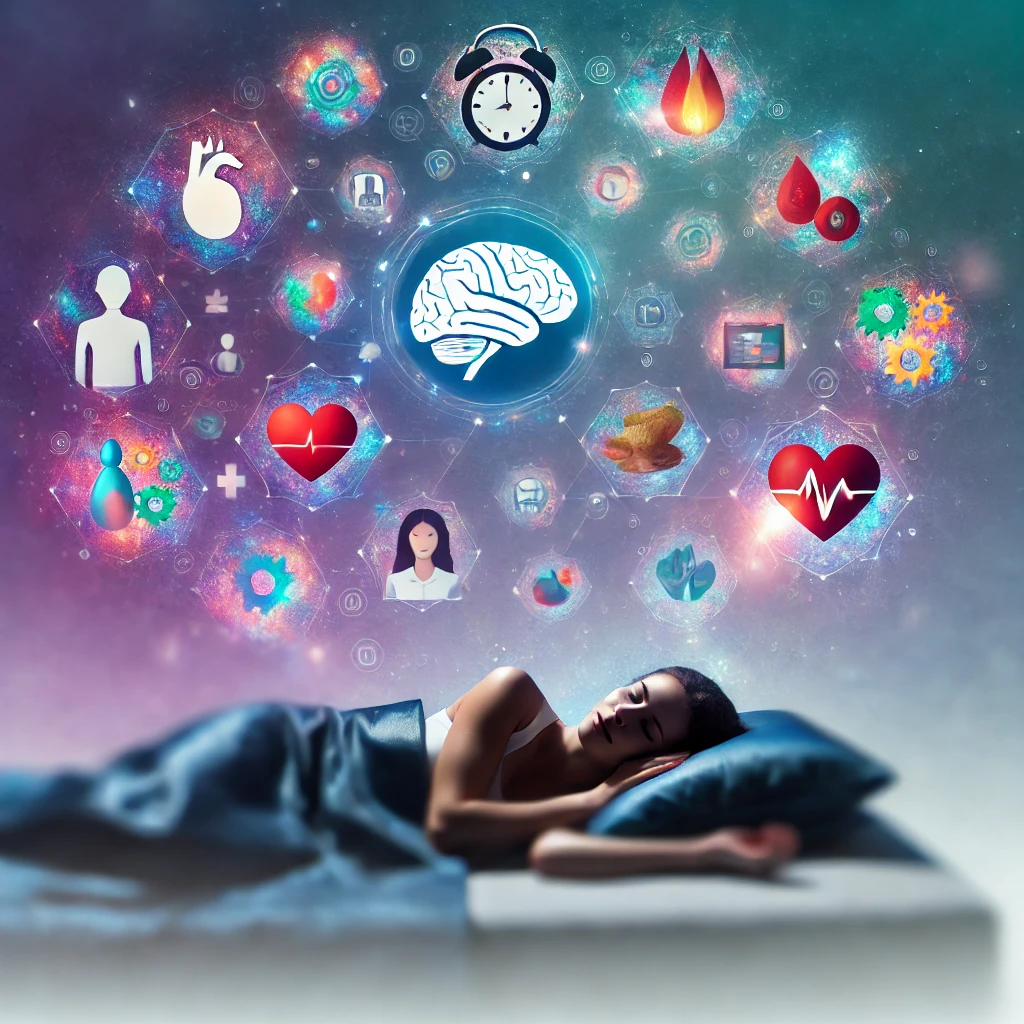
Sobering Statistic: A large-scale study published in the European Heart Journal found that individuals who slept less than six hours per night had a 48% increased risk of developing or dying from coronary heart disease.
6. Creativity and Innovation: Unleash Your Inner Genius
Ever notice how some of your best ideas come after a good night’s sleep? There’s science behind that:
- Idea Incubation: Sleep allows the brain to make new connections between seemingly unrelated concepts, fostering creative thinking.
- Problem Reactivation: During sleep, the brain replays and processes complex problems, often leading to “Eureka!” moments upon waking.
- Emotional Processing: REM sleep, in particular, helps process emotional experiences, which can fuel creative expression.
Fun Fact: Many famous creators, including Salvador Dalí and Thomas Edison, used specific sleep techniques to tap into the creative power of the transitional state between sleep and wakefulness.
Sleep Hygiene: Your Blueprint for Better Sleep
Now that we’ve established the incredible benefits of sleep, let’s talk about how to actually get that elusive good night’s rest. Enter sleep hygiene – a set of practices and habits that set the stage for high-quality sleep.
1. Stick to a Sleep Schedule
Consistency is key when it comes to sleep. Try to go to bed and wake up at the same time every day, even on weekends. This helps regulate your body’s internal clock, making it easier to fall asleep and wake up naturally.
Pro Tip: Use a sleep tracking app or smartwatch to monitor your sleep patterns and find your optimal sleep schedule.
2. Create a Relaxing Bedtime Routine
Signal to your body that it’s time to wind down with a calming pre-sleep routine. This might include:
- Reading a book (preferably a physical one, not an e-reader)
- Gentle stretching or yoga
- Meditation or deep breathing exercises
- Listening to soothing music or nature sounds
Science Says: A study in the Journal of Sleep Research found that a consistent bedtime routine was associated with better sleep quality and duration, especially in young adults.
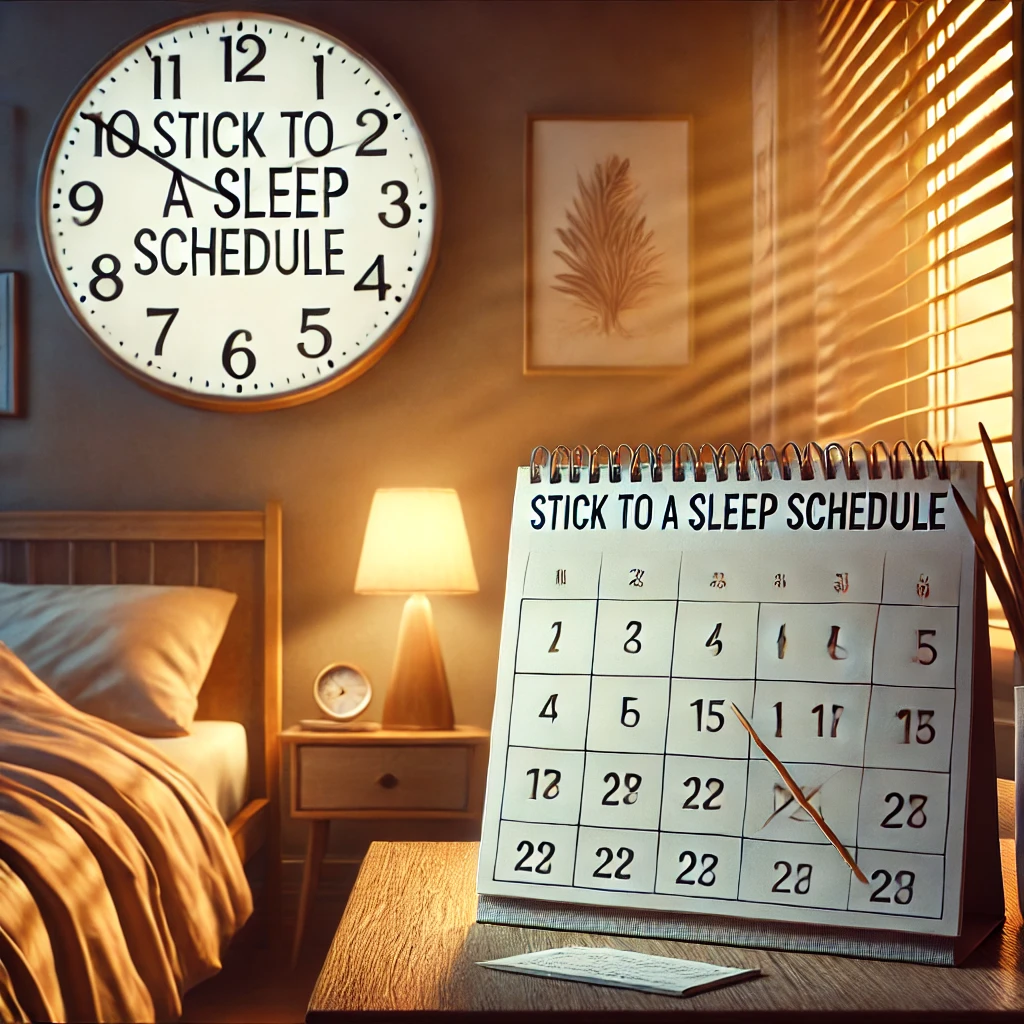

3. Optimise Your Sleep Environment
Transform your bedroom into a sleep sanctuary:
- Temperature: Keep your room cool, ideally between 15-19°C (60-67°F).
- Darkness: Use blackout curtains or an eye mask to block out light.
- Noise Control: Consider using a white noise machine or earplugs if you live in a noisy area.
- Comfort: Invest in a supportive mattress and pillows that suit your sleeping style.
4. Mind Your Diet
What you eat and drink can significantly impact your sleep:
- Limit Caffeine: Avoid caffeine in the afternoon and evening, as it can stay in your system for up to 8 hours.
- Say No to Nightcaps: While alcohol might make you feel sleepy initially, it disrupts sleep quality later in the night.
- Timing Matters: Try to finish eating at least 2-3 hours before bedtime to avoid digestion issues interfering with sleep.
Sleep-Friendly Snacks: If you need a light snack before bed, opt for foods rich in tryptophan, magnesium, or melatonin, such as:
- A small handful of nuts (almonds or walnuts)
- A banana with a tablespoon of almond butter
- A small serving of tart cherry juice
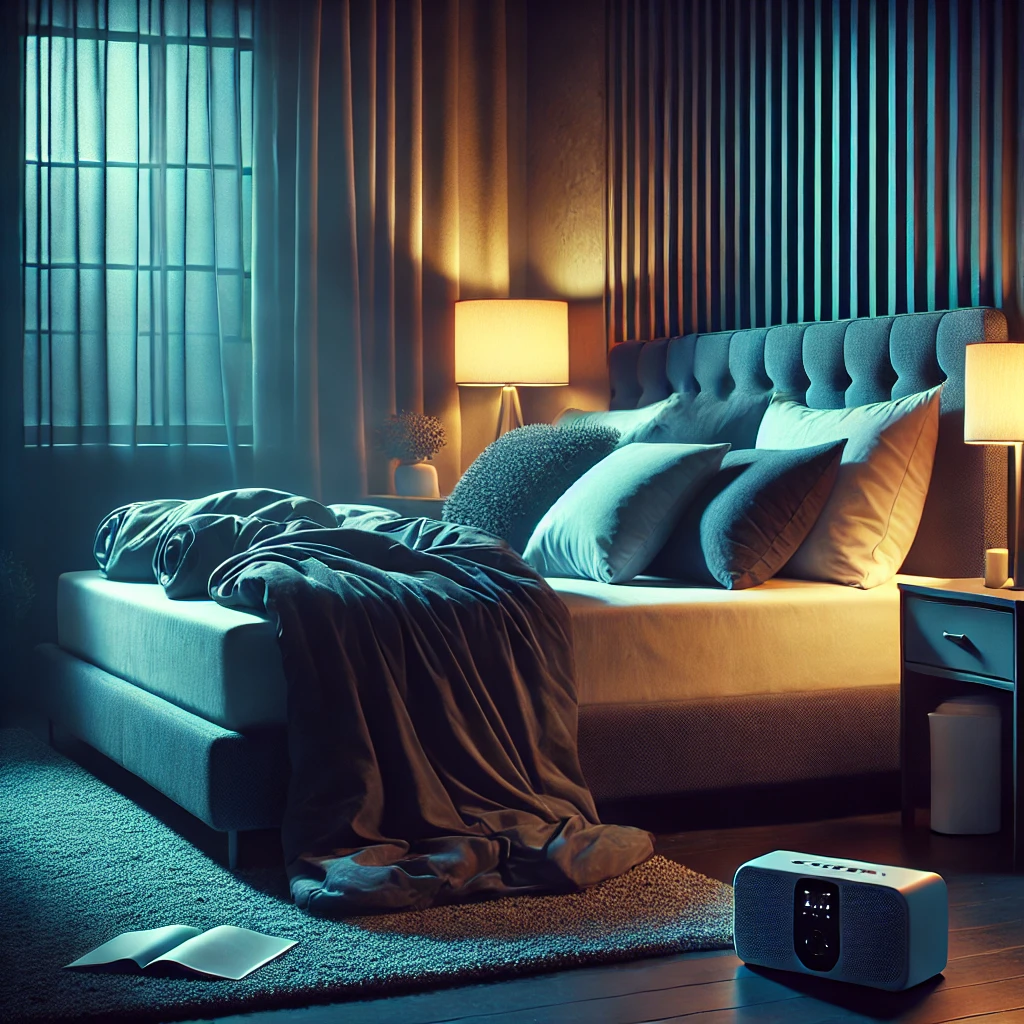

5. Get Moving (But Not Too Close to Bedtime)
Regular exercise can significantly improve sleep quality, but timing is crucial:
- Aim for at least 30 minutes of moderate aerobic exercise most days of the week.
- Try to finish vigorous workouts at least 3 hours before bedtime to allow your body temperature and heart rate to lower.
Interesting Research: A study published in the journal “Sleep Medicine” found that moderate aerobic exercise reduced the time it took to fall asleep and increased sleep duration in people with chronic insomnia.
6. Manage Stress and Anxiety
Racing thoughts can be the enemy of good sleep. Try these techniques to calm your mind:
- Journaling: Write down your worries or to-do list before bed to get them out of your head.
- Progressive Muscle Relaxation: Systematically tense and relax different muscle groups to release physical tension.
- Mindfulness Meditation: Practise being present in the moment to reduce anxiety about the future or rumination about the past.
7. Limit Screen Time Before Bed
The blue light emitted by phones, tablets, and computers can interfere with your body’s production of melatonin, the hormone that regulates sleep. To combat this:
- Aim to stop using screens at least 1 hour before bedtime.
- If you must use devices, enable blue light filters or wear blue light blocking glasses.
- Consider reading a physical book or listening to a podcast instead of scrolling through social media.
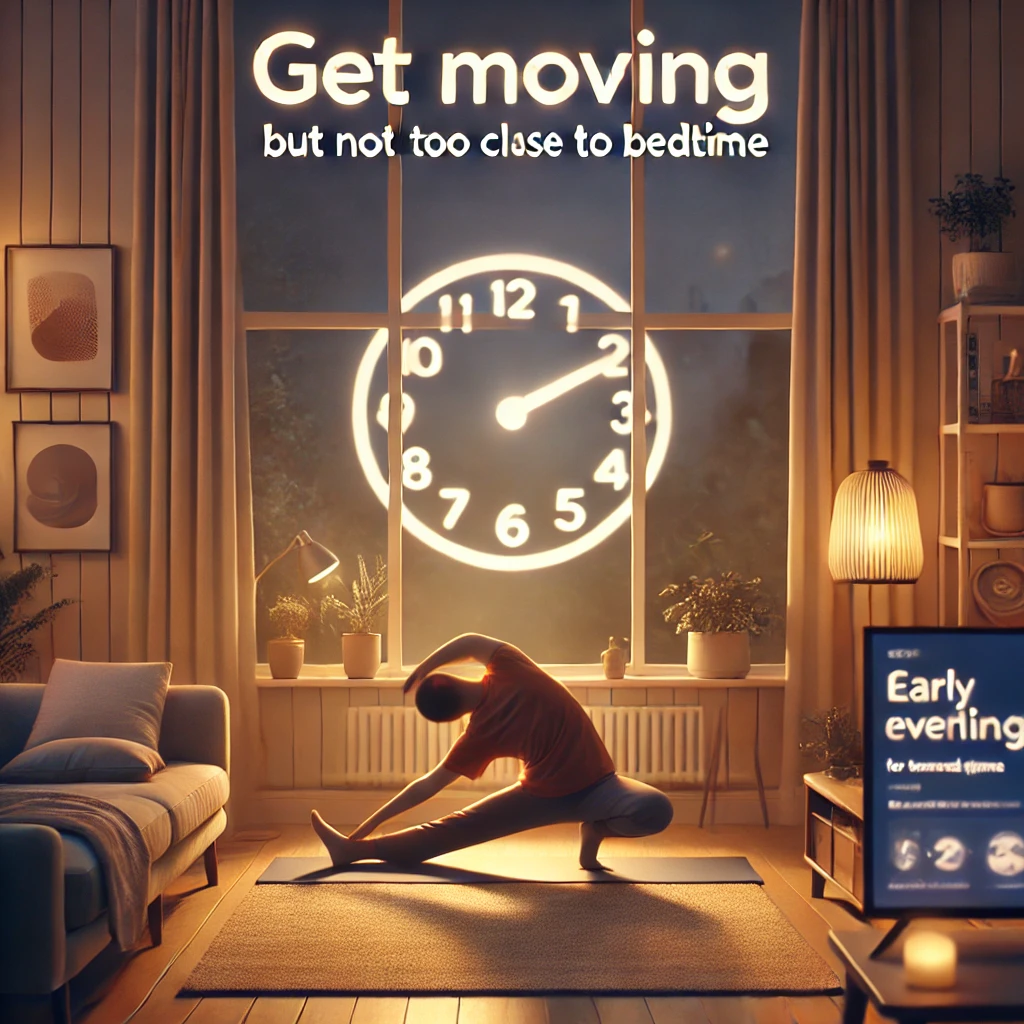

Sleep Related Products to Help You in the Quest for that Perfect Nights Rest
CLICK ON ANY OF THE FOLLOWING IMAGES TO FIND OUT MORE
Sleep Tracking Devices

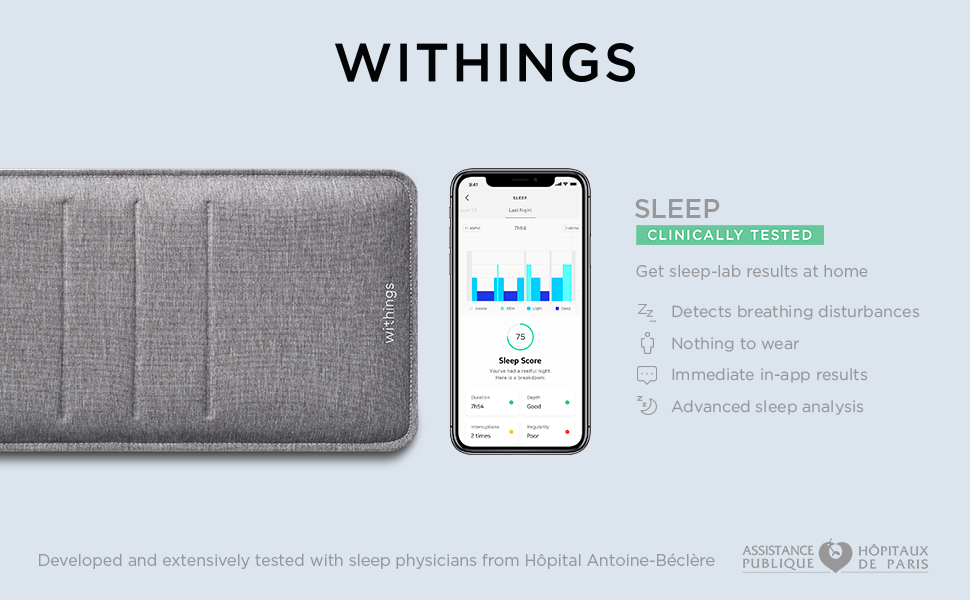
Black Out Curtains


White Noise Machine
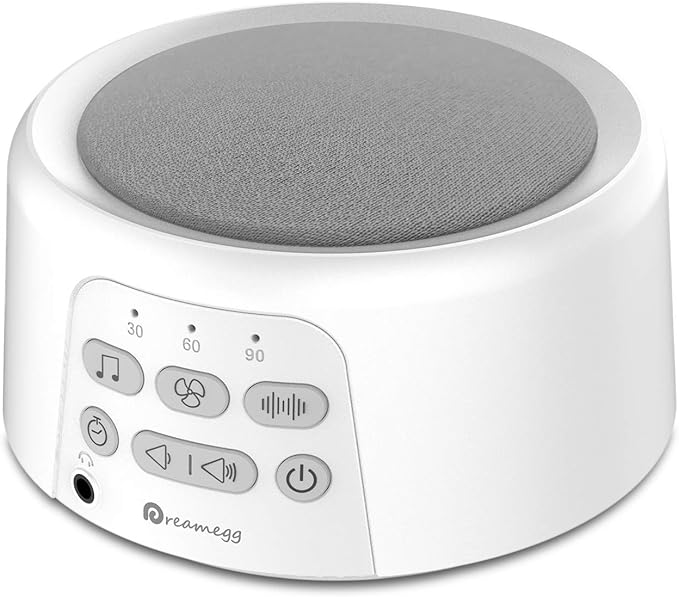

Sleep Friendly Pillows
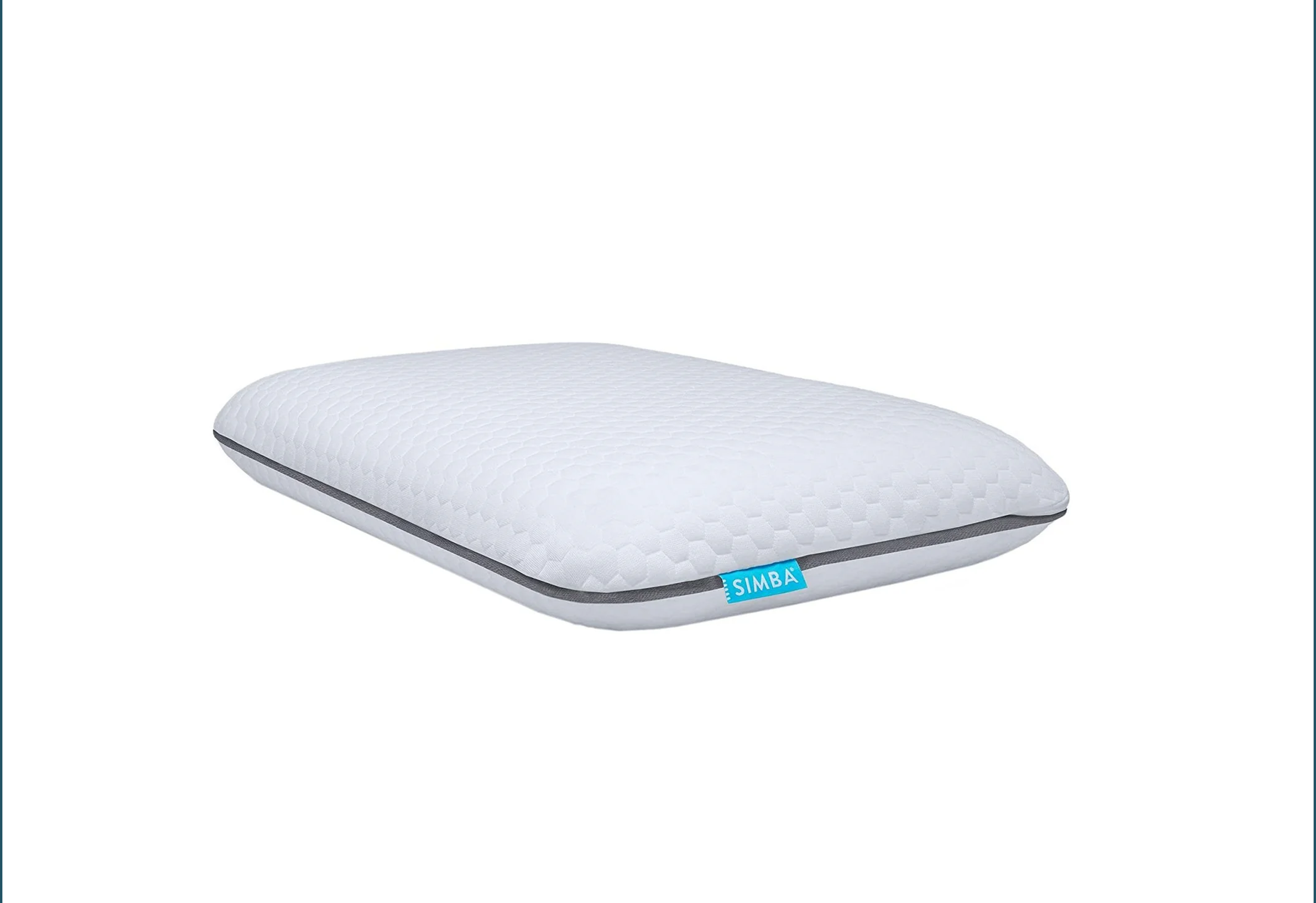

Weighted Blanket
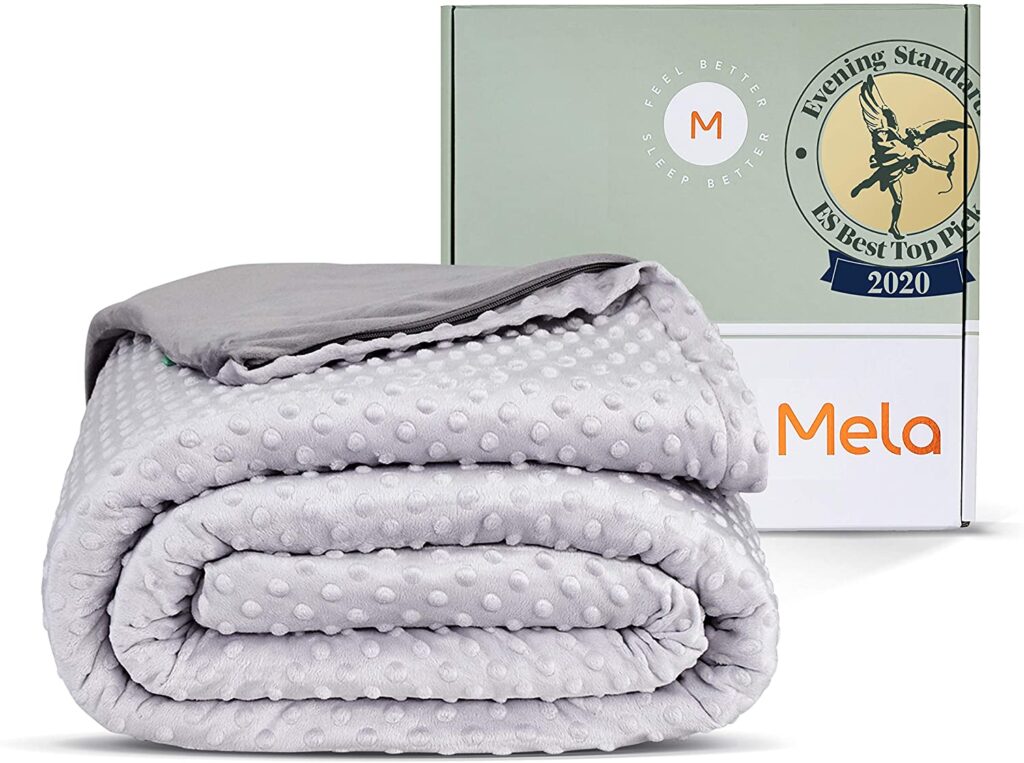
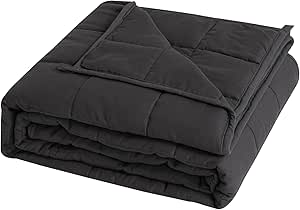
Sleep Enhancing Supplements
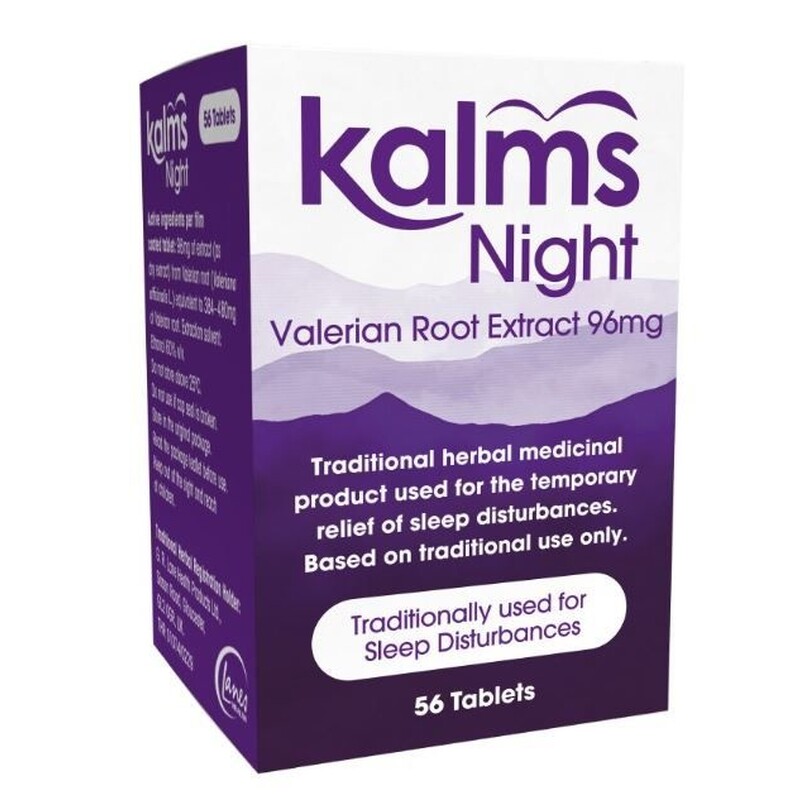

Aromotheray Diffusers
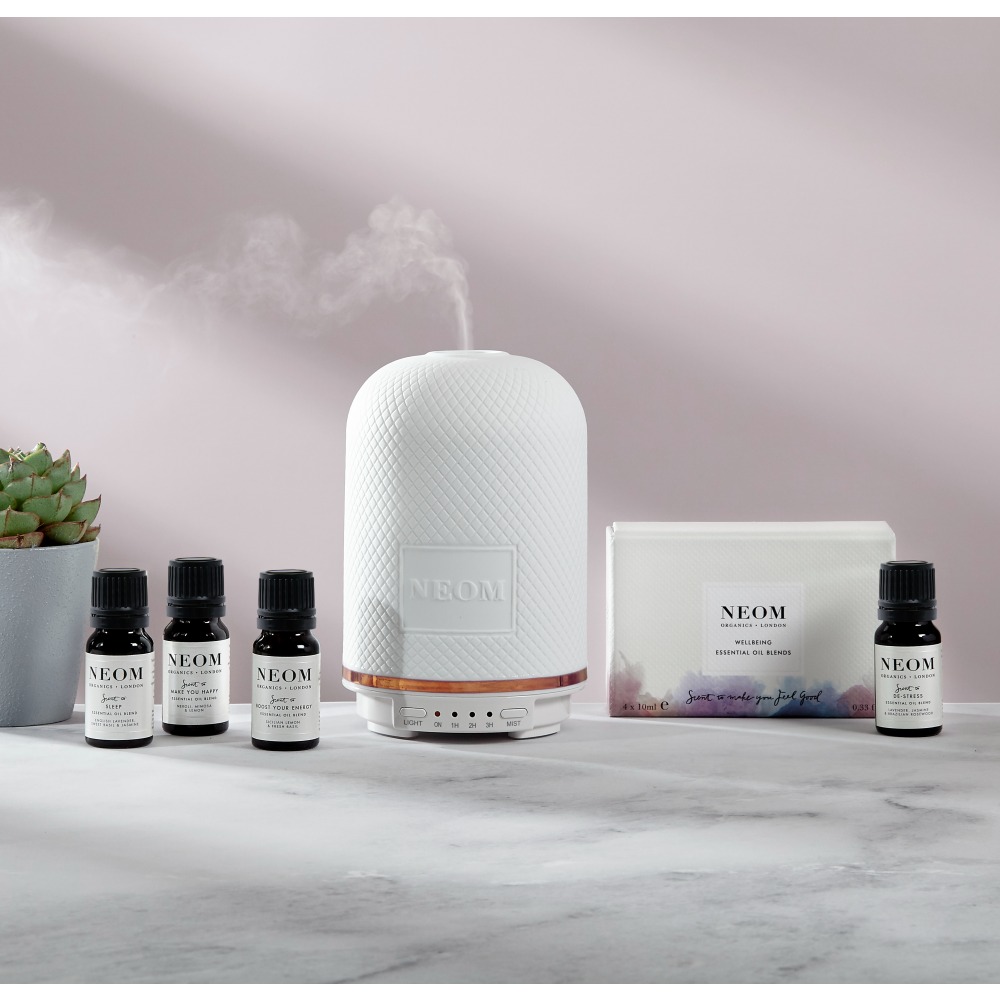
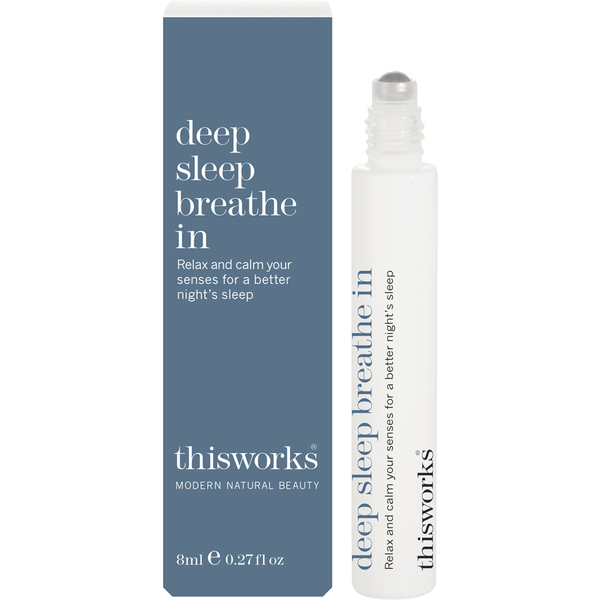
Sleep Masks

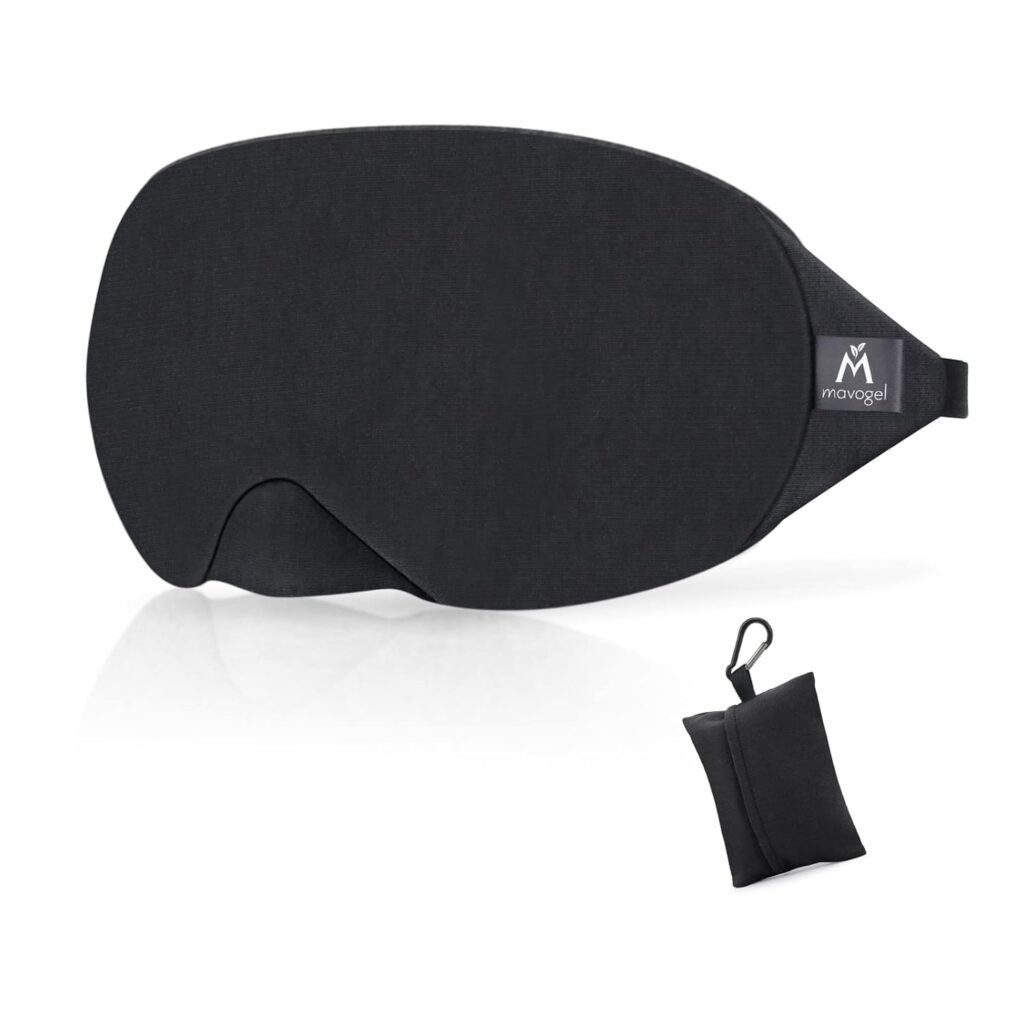
Cooling Mattress Topper
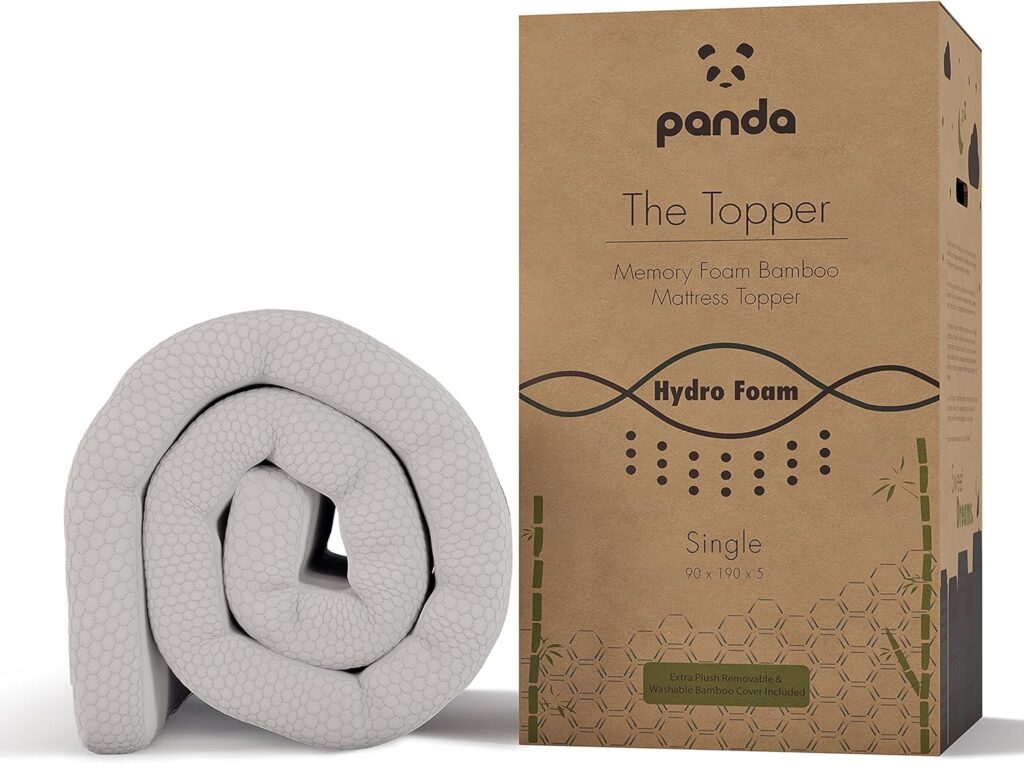
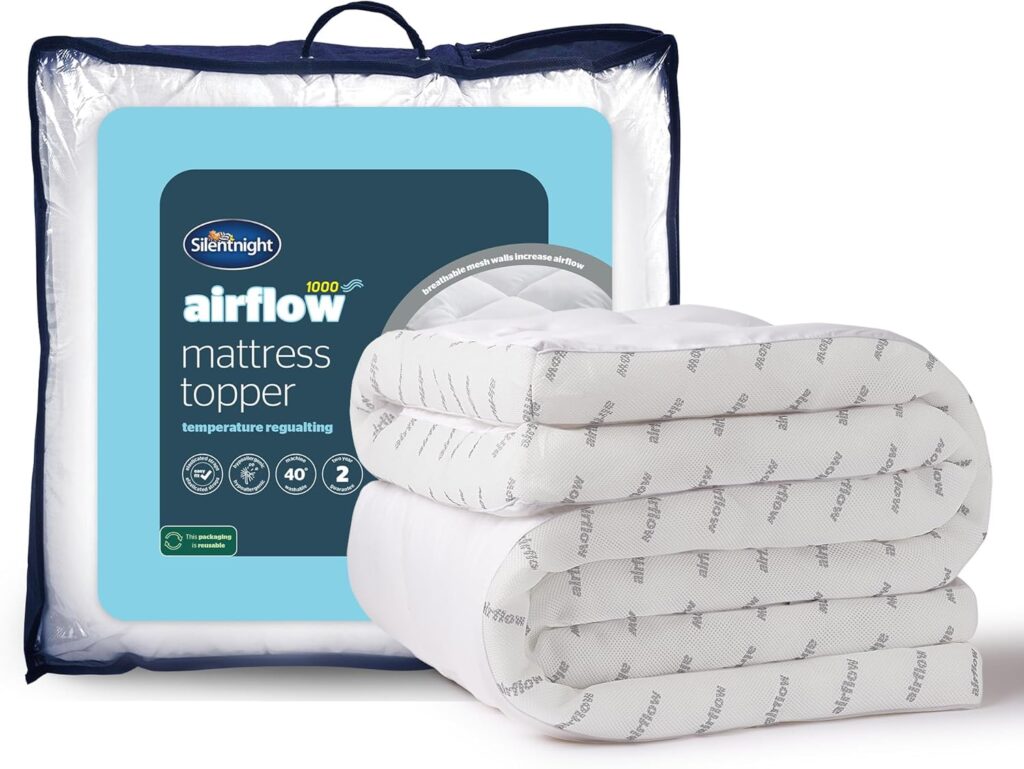
Myths About Sleep: Busted!
Despite the overwhelming evidence supporting the importance of sleep, various myths and misconceptions persist. Let’s debunk some of the most common ones:
- Myth: Everyone needs exactly 8 hours of sleep. Reality: Sleep needs vary. Find your sweet spot (usually 7-9 hours).
- Myth: You can catch up on sleep over the weekend. Reality: Consistency is key. Aim for good sleep every night.
- Myth: Older adults need less sleep. Reality: Quality might change, but quantity stays important.
The Bottom Line
Sleep isn’t just a pause button on life – it’s the ultimate performance enhancer. By prioritising those precious hours of shut-eye, you’re setting yourself up for success in every area of your life. So tonight, instead of Netflix-and-chilling until the wee hours, why not Netflix-and-actually-chill… in your dreams?
Remember, a well-rested you is an unstoppable you. Sweet dreams, and here’s to crushing it tomorrow!
What’s your biggest sleep challenge? Drop a comment below – let’s chat about it!
P.S. Don’t forget to check out our other posts on nutrition, flexibility, diabetes and dieting. Your best life is waiting!
This article was written by Andy Smith MSC (SCL), BSC (MCL).
Andy is based in Southaven Mississippi and is a healthcare professional, strength & conditioning coach and former semi-professional sportsman.

Sleep Research Citations and Links
- Centers for Disease Control and Prevention (CDC). (2016). 1 in 3 adults don’t get enough sleep. https://www.cdc.gov/media/releases/2016/p0215-enough-sleep.html
- Cappuccio, F. P., et al. (2010). Sleep duration and all-cause mortality: A systematic review and meta-analysis of prospective studies. Sleep, 33(5), 585-592. https://academic.oup.com/sleep/article/33/5/585/2454478
- Baglioni, C., et al. (2011). Insomnia as a predictor of depression: A meta-analytic evaluation of longitudinal epidemiological studies. Journal of Affective Disorders, 135(1-3), 10-19. https://www.sciencedirect.com/science/article/abs/pii/S0165032711000292
- Killgore, W. D. S. (2010). Effects of sleep deprivation on cognition. Progress in Brain Research, 185, 105-129. https://www.sciencedirect.com/science/article/abs/pii/B9780444537027000075
- Cappuccio, F. P., et al. (2010). Sleep duration predicts cardiovascular outcomes: A systematic review and meta-analysis of prospective studies. European Heart Journal, 32(12), 1484-1492. https://academic.oup.com/eurheartj/article/32/12/1484/502022
- Xie, L., et al. (2013). Sleep drives metabolite clearance from the adult brain. Science, 342(6156), 373-377. https://science.sciencemag.org/content/342/6156/373
- Nedergaard, M. (2013). Garbage truck of the brain. Science, 340(6140), 1529-1530. https://science.sciencemag.org/content/340/6140/1529
- Diekelmann, S., & Born, J. (2010). The memory function of sleep. Nature Reviews Neuroscience, 11(2), 114-126. https://www.nature.com/articles/nrn2762
- Wagner, U., et al. (2004). Sleep inspires insight. Nature, 427(6972), 352-355. https://www.nature.com/articles/nature02223
- Lim, J., & Dinges, D. F. (2010). A meta-analysis of the impact of short-term sleep deprivation on cognitive variables. Psychological Bulletin, 136(3), 375-389. https://psycnet.apa.org/doiLanding?doi=10.1037%2Fa0018883
- Stickgold, R., & Walker, M. P. (2013). Sleep-dependent memory triage: Evolving generalization through selective processing. Nature Neuroscience, 16(2), 139-145. https://www.nature.com/articles/nn.3303
- Dattilo, M., et al. (2011). Sleep and muscle recovery: Endocrinological and molecular basis for a new and promising hypothesis. Medical Hypotheses, 77(2), 220-222. https://www.sciencedirect.com/science/article/abs/pii/S0306987711002088
- Besedovsky, L., et al. (2012). Sleep and immune function. Pflügers Archiv – European Journal of Physiology, 463(1), 121-137. https://link.springer.com/article/10.1007/s00424-011-1044-0
- Leproult, R., & Van Cauter, E. (2010). Role of sleep and sleep loss in hormonal release and metabolism. Endocrine Development, 17, 11-21. https://www.karger.com/Article/Abstract/262524
- Prather, A. A., et al. (2015). Behaviorally assessed sleep and susceptibility to the common cold. Sleep, 38(9), 1353-1359. https://academic.oup.com/sleep/article/38/9/1353/2416989
- Walker, M. P. (2009). The role of sleep in cognition and emotion. Annals of the New York Academy of Sciences, 1156(1), 168-197. https://nyaspubs.onlinelibrary.wiley.com/doi/full/10.1111/j.1749-6632.2009.04416.x
- Minkel, J. D., et al. (2012). Sleep deprivation and stressors: Evidence for elevated negative affect in response to mild stressors when sleep deprived. Emotion, 12(5), 1015-1020. https://psycnet.apa.org/doiLanding?doi=10.1037%2Fa0026871
- Baglioni, C., et al. (2011). Insomnia as a predictor of depression: A meta-analytic evaluation of longitudinal epidemiological studies. Journal of Affective Disorders, 135(1-3), 10-19. https://www.sciencedirect.com/science/article/abs/pii/S0165032711000292
- National Sleep Foundation. (2005). Sleep in America poll. https://www.sleepfoundation.org/professionals/sleep-america-polls
- Spiegel, K., et al. (2004). Brief communication: Sleep curtailment in healthy young men is associated with decreased leptin levels, elevated ghrelin levels, and increased hunger and appetite. Annals of Internal Medicine, 141(11), 846-850. https://www.acpjournals.org/doi/10.7326/0003-4819-141-11-200412070-00008
- Knutson, K. L., et al. (2007). The metabolic consequences of sleep deprivation. Sleep Medicine Reviews, 11(3), 163-178. https://www.sciencedirect.com/science/article/abs/pii/S1087079207000202
- Mah, C. D., et al. (2011). The effects of sleep extension on the athletic performance of collegiate basketball players. Sleep, 34(7), 943-950. https://academic.oup.com/sleep/article/34/7/943/2596050
- Nedeltcheva, A. V., et al. (2009). Sleep curtailment is accompanied by increased intake of calories from snacks. The American Journal of Clinical Nutrition, 89(1), 126-133. https://academic.oup.com/ajcn/article/89/1/126/4598248
- Gangwisch, J. E., et al. (2006). Short sleep duration as a risk factor for hypertension: Analyses of the first National Health and Nutrition Examination Survey. Hypertension, 47(5), 833-839. https://www.ahajournals.org/doi/full/10.1161/01.HYP.0000217362.34748.e0
- Irwin, M. R., et al. (2016). Sleep disturbance, sleep duration, and inflammation: A systematic review and meta-analysis of cohort studies and experimental sleep deprivation. Biological Psychiatry, 80(1), 40-52. https://www.sciencedirect.com/science/article/abs/pii/S0006322315000633
- Mullington, J. M., et al. (2009). Cardiovascular, inflammatory, and metabolic consequences of sleep deprivation. Progress in Cardiovascular Diseases, 51(4), 294-302. https://www.sciencedirect.com/science/article/abs/pii/S0033062008000893
- Cappuccio, F. P., et al. (2011). Sleep duration predicts cardiovascular outcomes: A systematic review and meta-analysis of prospective studies. European Heart Journal, 32(12), 1484-1492. https://academic.oup.com/eurheartj/article/32/12/1484/502022
- Cai, D. J., et al. (2009). REM, not incubation, improves creativity by priming associative networks. Proceedings of the National Academy of Sciences, 106(25), 10130-10134. https://www.pnas.org/content/106/25/10130
- Lewis, P. A., et al. (2018). How memory replay in sleep boosts creative problem-solving. Trends in Cognitive Sciences, 22(6), 491-503. https://www.sciencedirect.com/science/article/abs/pii/S1364661318300573
- Walker, M. P., & van der Helm, E. (2009). Overnight therapy? The role of sleep in emotional brain processing. Psychological Bulletin, 135(5), 731-748. https://psycnet.apa.org/doiLanding?doi=10.1037%2Fa0016570
- Ritter, S. M., & Dijksterhuis, A. (2014). Creativity—the unconscious foundations of the incubation period. Frontiers in Human Neuroscience, 8, 215. https://www.frontiersin.org/articles/10.3389/fnhum.2014.00215/full
- Kahn, M., et al. (2013). Sleep and emotions: Bidirectional links and underlying mechanisms. International Journal of Psychophysiology, 89(2), 218-228. https://www.sciencedirect.com/science/article/abs/pii/S0167876013001845
- Onen, S. H., et al. (2012). The effects of sleep deprivation on adult sleep quality and quantity. Sleep Medicine Reviews, 16(1), 21-31. https://www.sciencedirect.com/science/article/abs/pii/S1087079211000505
- Drake, C., et al. (2013). Caffeine effects on sleep taken 0, 3, or 6 hours before going to bed. Journal of Clinical Sleep Medicine, 9(11), 1195-1200. https://jcsm.aasm.org/doi/10.5664/jcsm.3170
- Ebrahim, I. O., et al. (2013). Alcohol and sleep I: Effects on normal sleep. Alcoholism: Clinical and Experimental Research, 37(4), 539-549. https://onlinelibrary.wiley.com/doi/full/10.1111/acer.12006
- Crispim, C. A., et al. (2011). Relationship between food intake and sleep pattern in healthy individuals. Journal of Clinical Sleep Medicine, 7(6), 659-664. https://jcsm.aasm.org/doi/10.5664/jcsm.1476
- Kredlow, M. A., et al. (2015). The effects of physical activity on sleep: A meta-analytic review. Journal of Behavioral Medicine, 38(3), 427-449. https://link.springer.com/article/10.1007/s10865-015-9617-6
- Reid, K. J., et al. (2010). Aerobic exercise improves self-reported sleep and quality of life in older adults with insomnia. Sleep Medicine, 11(9), 934-940. [https://www.sciencedirect.com/science/article/abs/pii/S1389945710002868](https://www.sciencedirect.com/science/article/abs/pii/S1389
Last edited 8 hours ago


